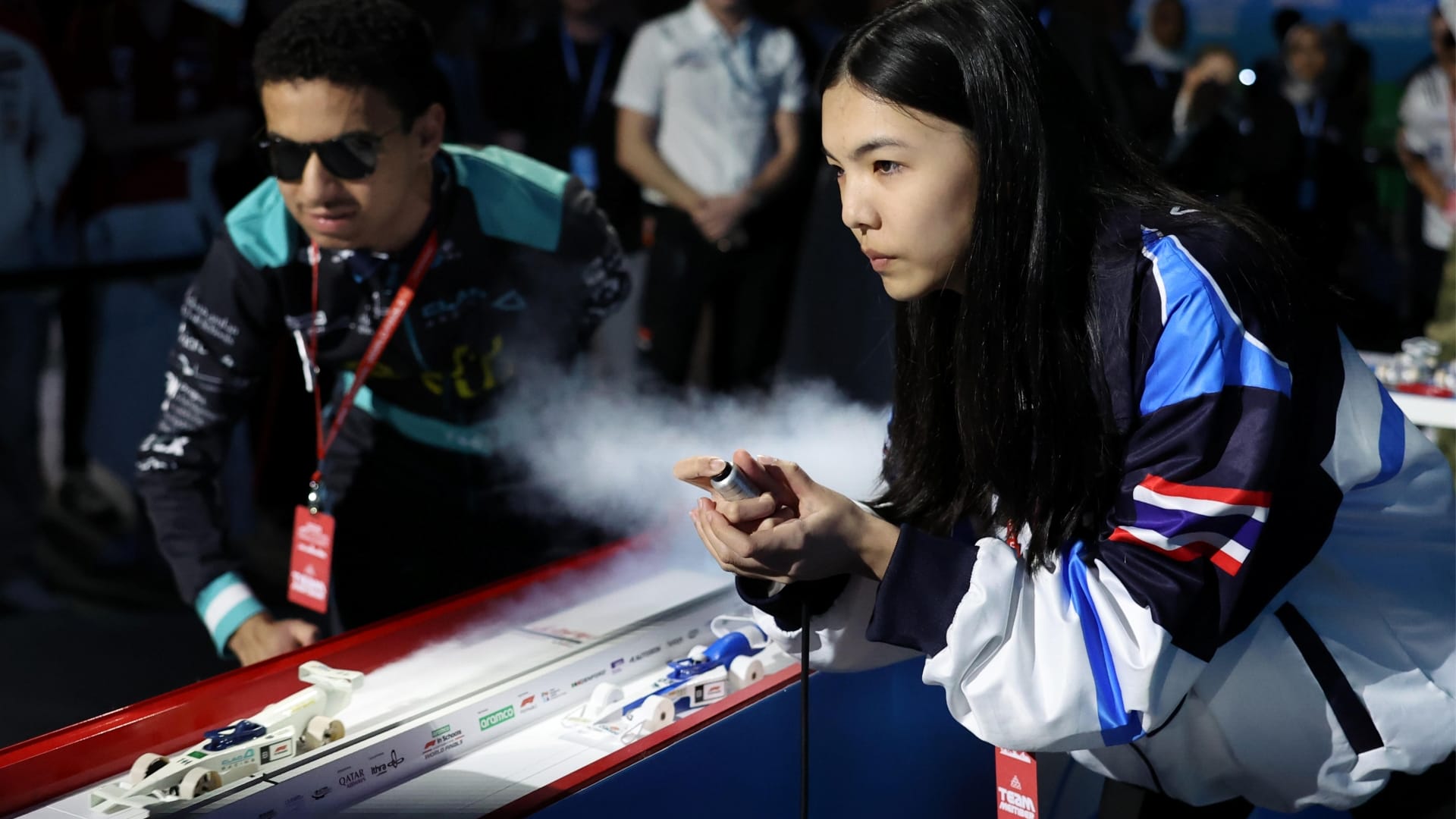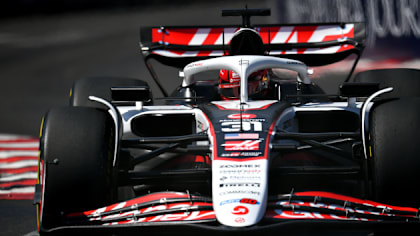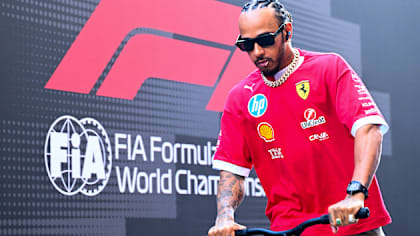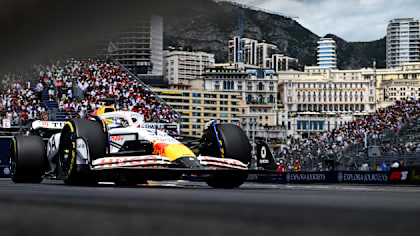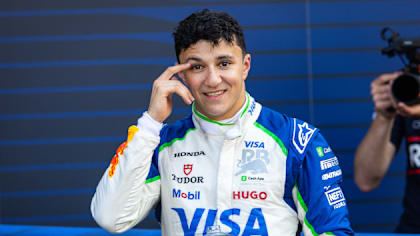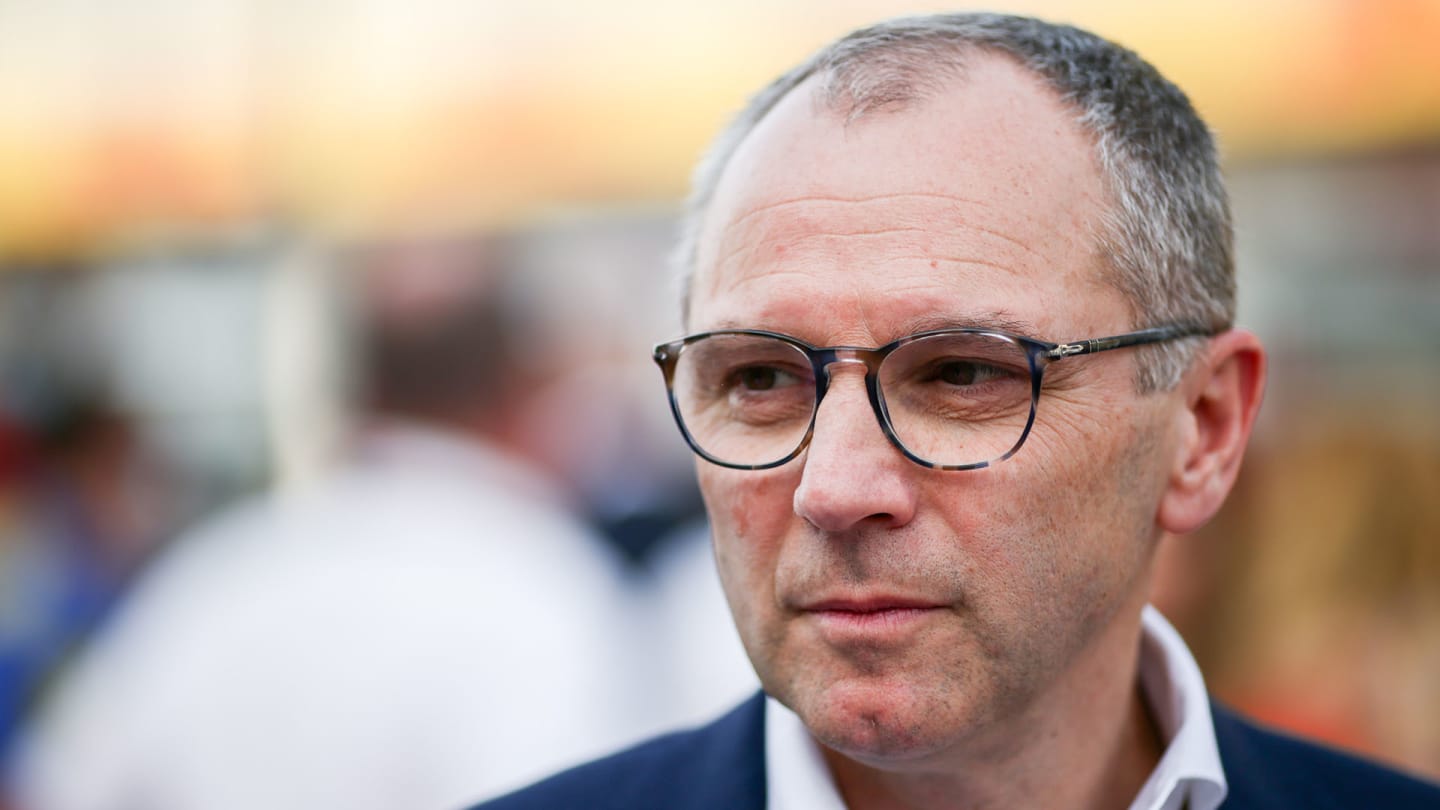
Feature
Stefano Domenicali on the future of F1, helping the next generation of talent and life outside the sport
Share

Born and raised in the heart of Italy’s motorsport valley, the man in charge of Formula 1 is a true motorsport native. Famed for his diplomacy and relaxed style, can Stefano Domenicali move the sport forward together into a bold vision of the future?
If there were royalty in F1 – and of course there isn’t – Stefano Domenicali would at the very least have a ’Sir’ before his name. Born in Imola, capital of Italy’s Motor Valley, he took his first job at Ferrari after leaving Bologna University. He galloped through the ranks, became Team Principal, winning the F1 Constructors’ World Championship twice. He later became CEO of Lamborghini and is now President and CEO of the Formula One Group.
In motorsport, you cannot get any higher. The 56-year-old is lean, smart, always engaging, friendly. But no one who has worked for many years at the sharp end of the Ferrari war machine, who doubled Lamborghini’s global sales and has the authority and credibility to succeed the redoubtable Chase Carey at the helm of F1 is just a nice guy with an easy smile.
In our exclusive interview we ask him to tell us what drives him and what he plans for the future of F1.
When you started your motor racing career, did you ever imagine that you would be running the whole of Formula 1? After all, in those days, Mr Ecclestone was in charge…
It was always something I wanted to get into, because growing up in Imola I was surrounded by the motorsport industry and I have been very lucky in the path that my work has taken me.
Working through the levels at Ferrari gives you a chance to see the picture from every angle, with experience I then took to Lamborghini, before I came here to F1. For me it was an easy choice to say yes [to the F1 role], how could you not? And I have to thank Liberty Media – Chase [Carey] and Greg [Maffei] for the opportunity to build on what they have done. We have started the journey but we have a long way to go, and I can’t wait.
You took this job in the middle of the pandemic. What was it like to walk into what must have been an empty office and getting to know your staff remotely?
Like everyone else in the world, we had to adapt, and if there’s a good place to do that quickly, it is F1! It’s never easy starting a job remotely as I had to for the first few months, but the organisation had done a phenomenal job of running the World Championship in 2020 and had taken on board many learnings from the year to help us through the 2021 season.
I like to be present to work best collaboratively and now that normality is returning in the UK. Tech enables us to do so much virtually now, but it’s better to be there in person.
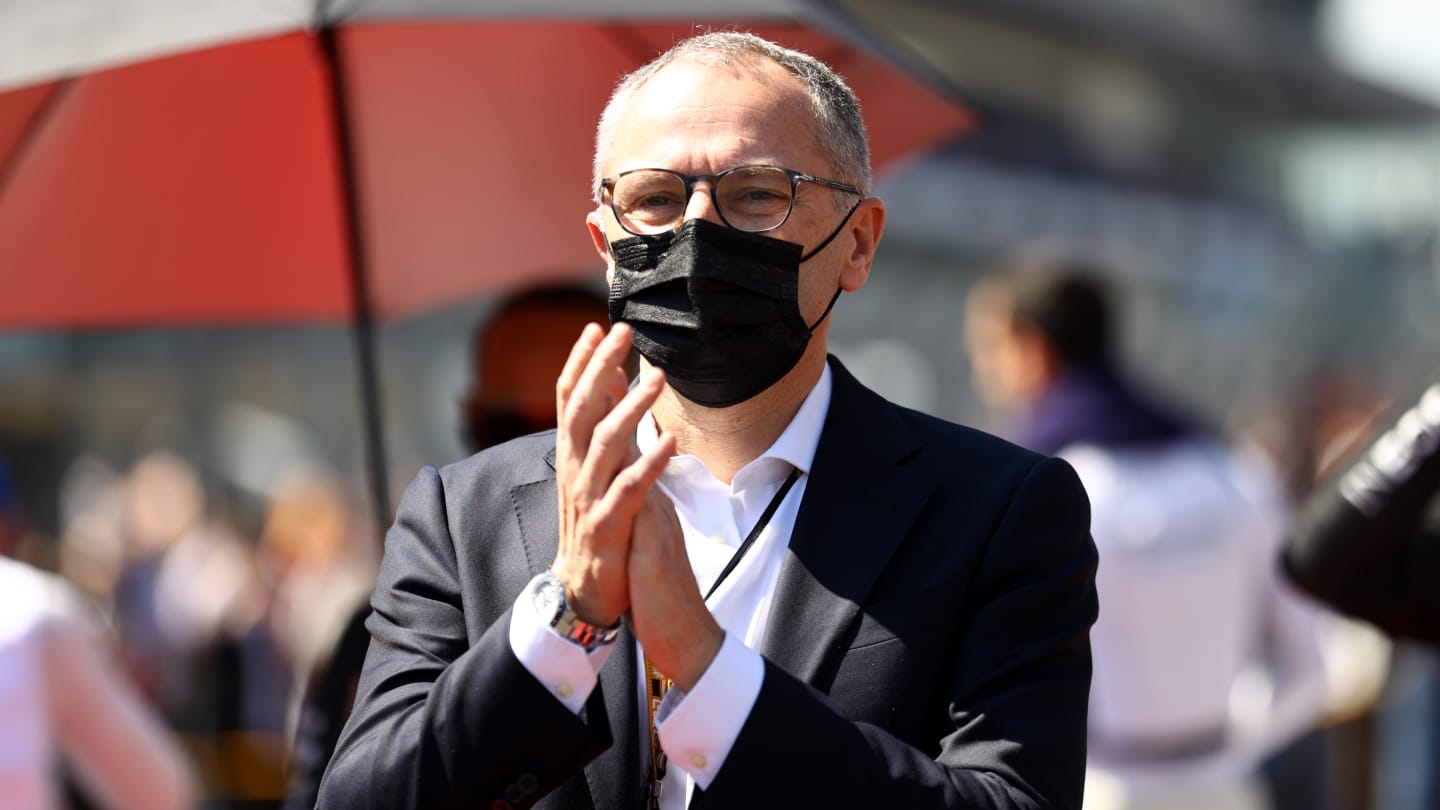
Domenicali took the F1 job in the midst of the pandemic
What are your key learnings from your first full season in charge?
Some things have changed since I’ve been away, but many are still very familiar. I know there are always ways to evolve and improve. Look at last year: we had an amazing title battle that went to the wire, and people are asking why we need to change the cars. But the new regulations have been designed to create even better and closer racing, and if that happens, people won’t be worrying about the old cars, they’ll be looking forward to the future.
And… has anything surprised you?
There are always surprises in F1, but you have to anticipate them. I think the hunger and drive for F1 now is bigger than ever – and that applies to every area of the business and the sport. The demand from fans for content and experience is huge, the demand from sponsors, demand from promoters – you can go on and on.
There’s the even bigger picture of demand from new OEMs as we look towards the future and the next-generation hybrid engine, alongside our 100% sustainable fuel. We are in a great moment as a sport, but I feel strongly that we have the assets and tools to drive this even further as we go forward.
READ MORE: 'They couldn't have chosen better' – How the F1 paddock reacted to Domenicali appointment
You inherited a very different structure to the one that Mr Ecclestone ran. His was minimalist, and by the time you took over, it had been boosted maybe threefold. You’ve also been doing some restructuring already. Can you share your vision for the perfect F1 team under your leadership?
I’ve always been who I am and I won’t change. I approach the job in my own way. It’s all about striking a balance. Bernie built the sport and that needs to be respected but we can also try new things and approaches.
We have introduced numerous ways to attract and engage new fans, with Drive To Survive and new formats like the F1 Sprint, but we mustn’t forget the fans who’ve been with us all their lives. While these newer elements are enjoyable for them, too, we need to make sure we have other ways to meet their needs, such as F1 TV.
The same can be said for the race circuits. We have many venues that have been a key part of the sport’s illustrious history but they have to keep up with our needs in the modern day, especially when you see what some of the newer hosts are doing with their events. Not to mention the huge interest we have from other destinations.
But the main thing is finding the right balance between sport and entertainment, and while we are always looking at new ways to make it engaging for fans, what makes the sport one of the most thrilling in the world must not be lost.

"We have many venues that have been a key part of the sport’s illustrious history – but they have to keep up with our needs in the modern day"
You have been in the sport for many years and worn many hats. There’s always been a particular focus on single-seaters and nurturing young talent on a clear career path. Can you tell us about that?
I’ve always enjoyed helping and guiding young drivers to develop throughout their careers. We have a young grid as it is, but it’s something the sport does well with the Road to F1 through the junior series.
Almost half the current grid has graduated from F2. And then we have a great range of talent on the team’s rosters, too, so the future of F1 is very bright. I think it’s always important to help the next generation of talent in any business and we’ve been looking at that internally, too. We’ve already had the first wave of students begin in the Engineering Scholarships programme, which gives opportunities to young talent from underrepresented backgrounds, and we’ve extended it until 2025 with 10 students being given the opportunity each year.
Through these initiatives, and others like F1 in Schools, we are helping shape the future paddock of F1.
NEXT GEN: 20 of the most exciting up-and-coming talents on the road to F1
Being in F1 demands total dedication, speed of thought, a clear, ruthless streak as well as the ability to be flexible, responsive, all while dealing with 10 team owners, 20 drivers, the FIA, rules, and dramas. Is this the best job in management... and the hardest?
It’s the best, for sure. Those elements make the job what it is. While the drivers and teams are battling against each other on the track for wins and points, there’s always a feeling of family in F1 where you are all pulling in the same direction to move the sport forward.
Obviously, that’s not always the case, but that’s when you must work together and find solutions. It’s very different to managing a team, because there are many more things to consider, but we are confident in our strategy to make F1 bigger and better than ever before.
Do you have routine to keep you sane? Are you an early bird? 10K runner? Meditation?
I am an early bird, yes – you must make the most of the day! I enjoy an early morning run when I can and when I’m at races, I walk the track with a group of colleagues from across the business as a team – that’s always a good time together. It’s a privilege to get out and walk the iconic circuits.
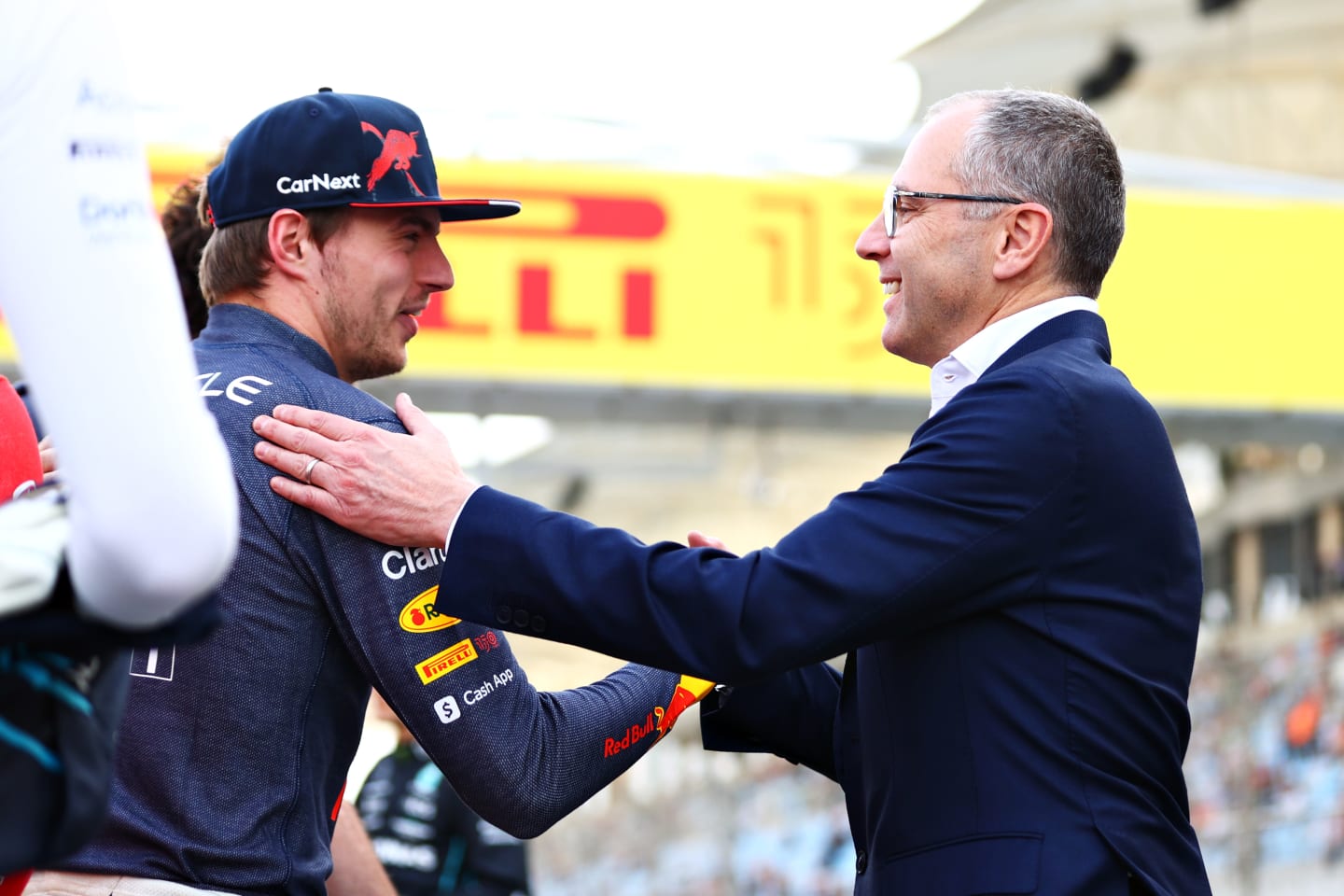
Domenicali speaks to reigning champ Max Verstappen on the grid in Bahrain
Outside F1, what sports do you follow? Football? Who do you support?
I’ve always been a big fan on MotoGP. Ahead of last season, we had a collaboration to bring fans of F1 and MotoGP closer together, and it was nice to see our logo on those bikes. I used to play basketball when I was growing up and I still keep an eye on the NBA when I can. It’s a fascinating sport.
I have many friends in the football world, especially in Italy, and I enjoyed the Euro final at Wembley last year and seeing [Roberto] Mancini and the team lift the trophy. That was a great achievement.
WATCH: F1 drivers take on NBA free throw challenge
Finally, who has inspired you in your working life?
I’m lucky enough to have had many good teachers along the way and I’ve taken elements from each of them and used them in my own style and way of working. But I think the main inspiration is my father, through work and life I’ve always looked to him for guidance.
This article is taken from the Saudi Arabian Grand Prix Official F1 Race Programme. To read the full version, download the Official F1 Race Programme app or click here to read online.
Share
YOU MIGHT ALSO LIKE
News 'We put everything together when it mattered' – Ocon thrilled with return to the points in Monaco
News OFFICIAL GRID: Who starts where in Monaco after Hamilton, Bearman and Stroll take penalties
Feature FACTS AND STATS: Racing Bulls’ Hadjar and Lawson both secure career-best results
News ‘Liam helped me massively’ – Hadjar praises team mate Lawson as he hails ‘perfectly executed’ Racing Bulls strategy in Monaco
